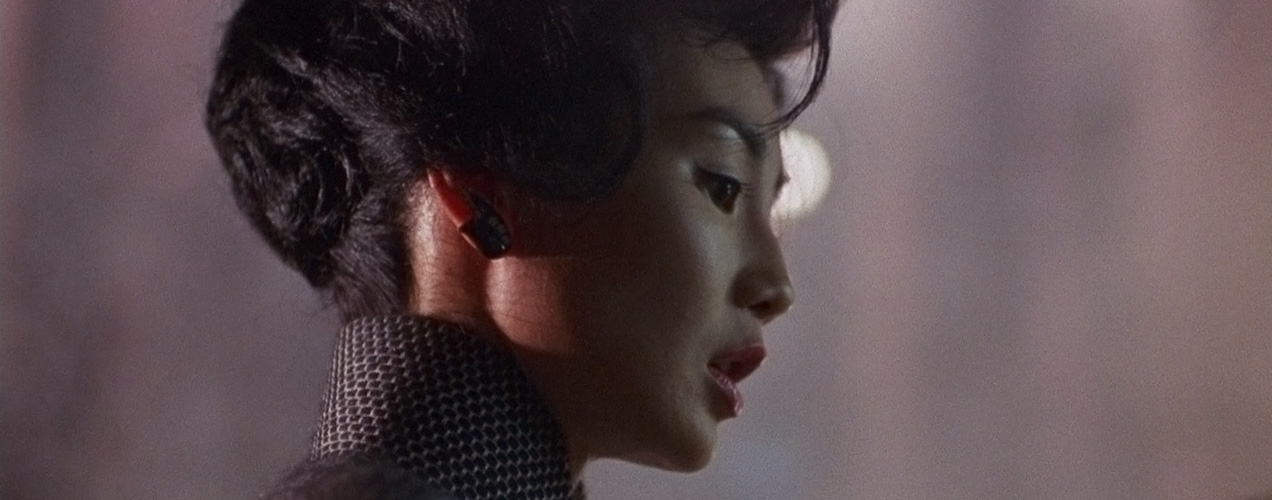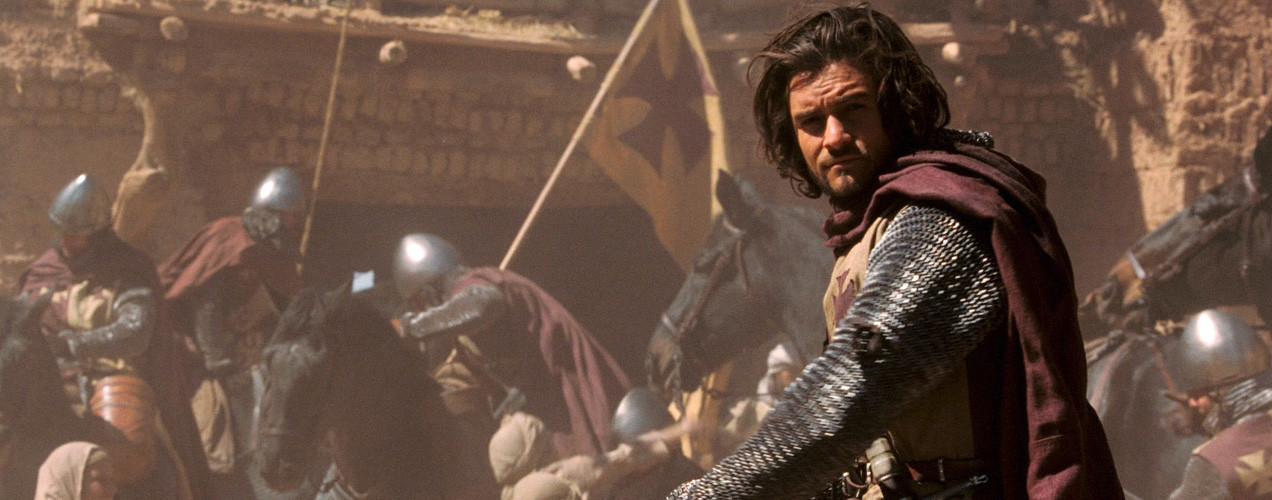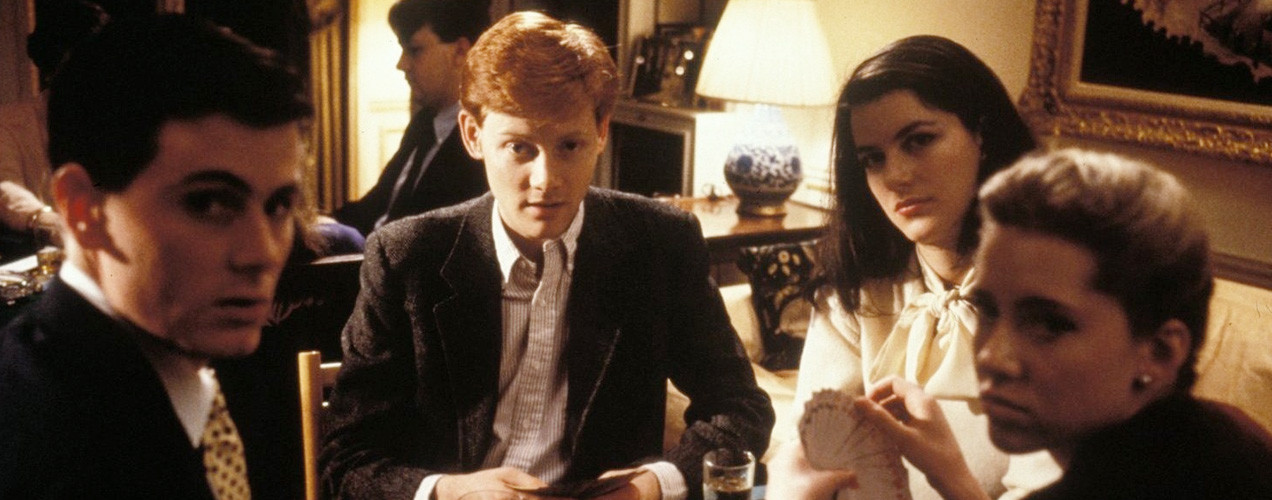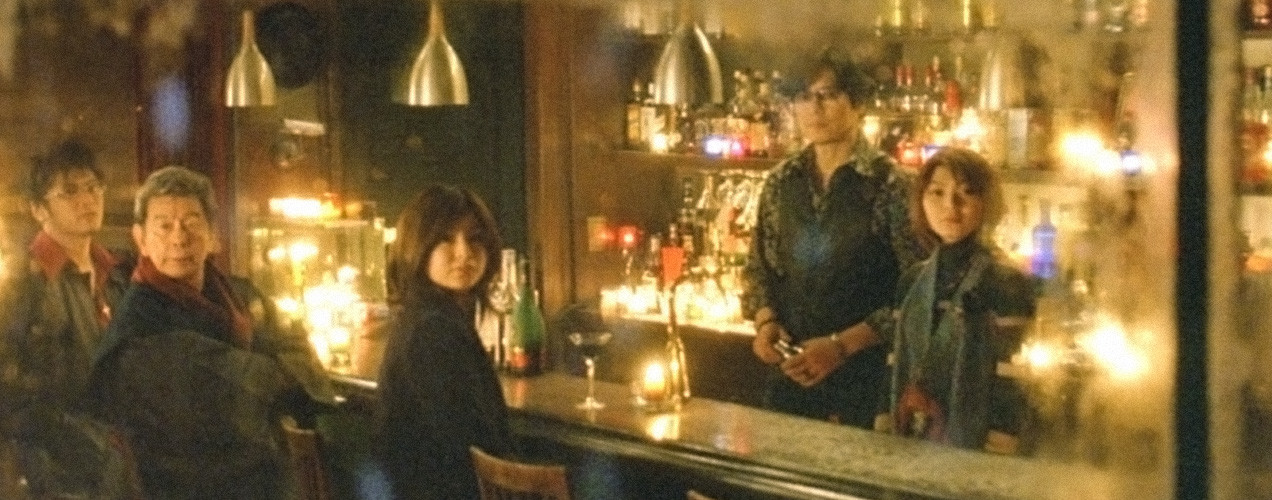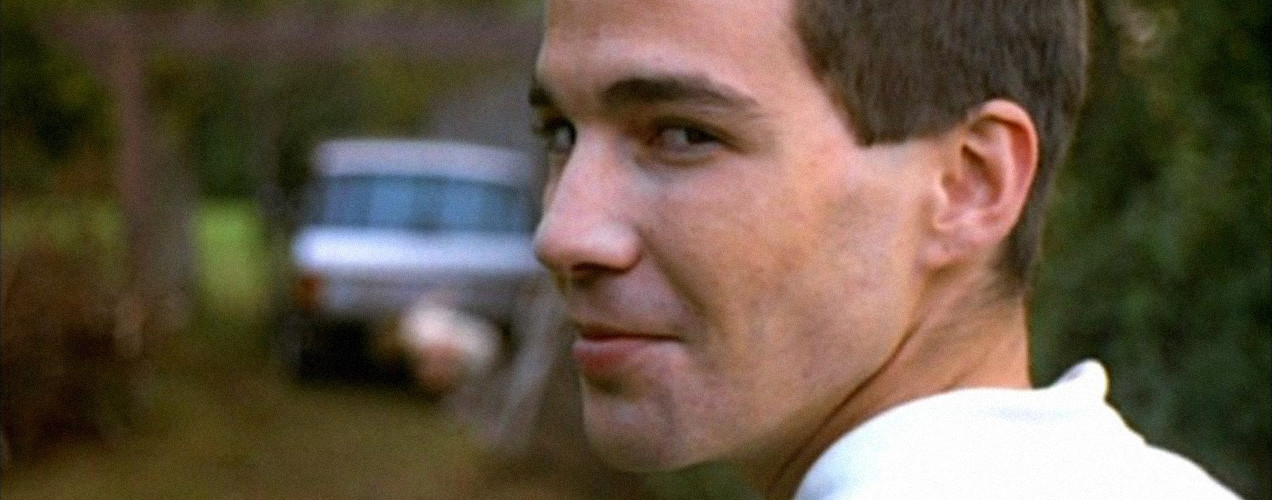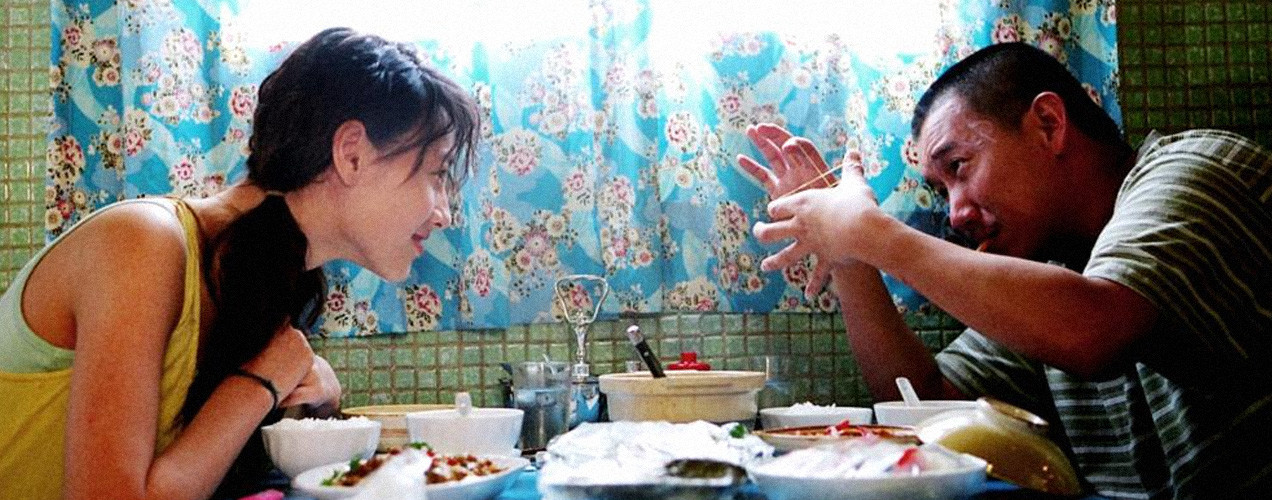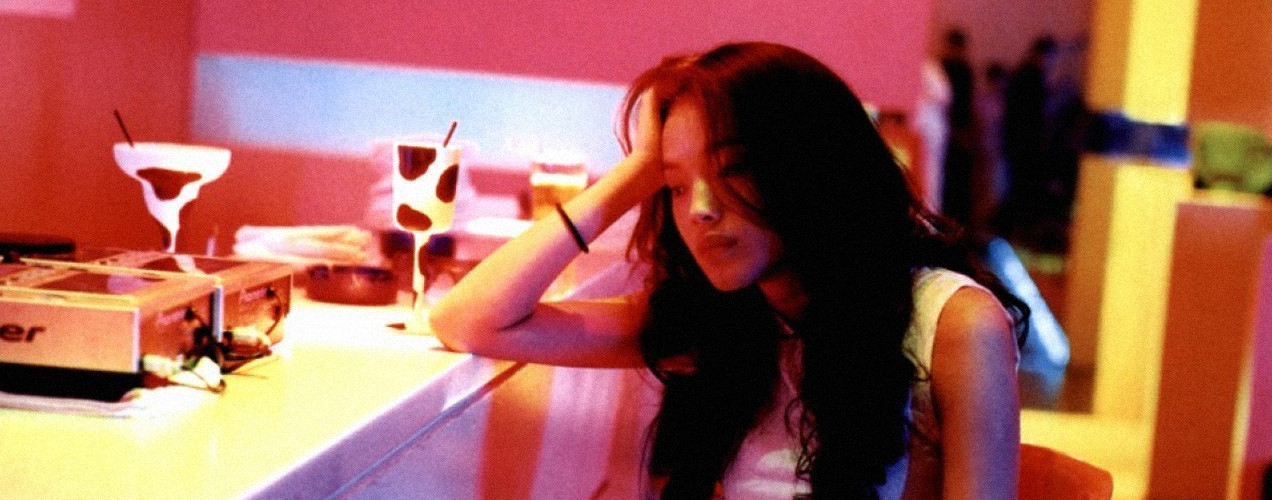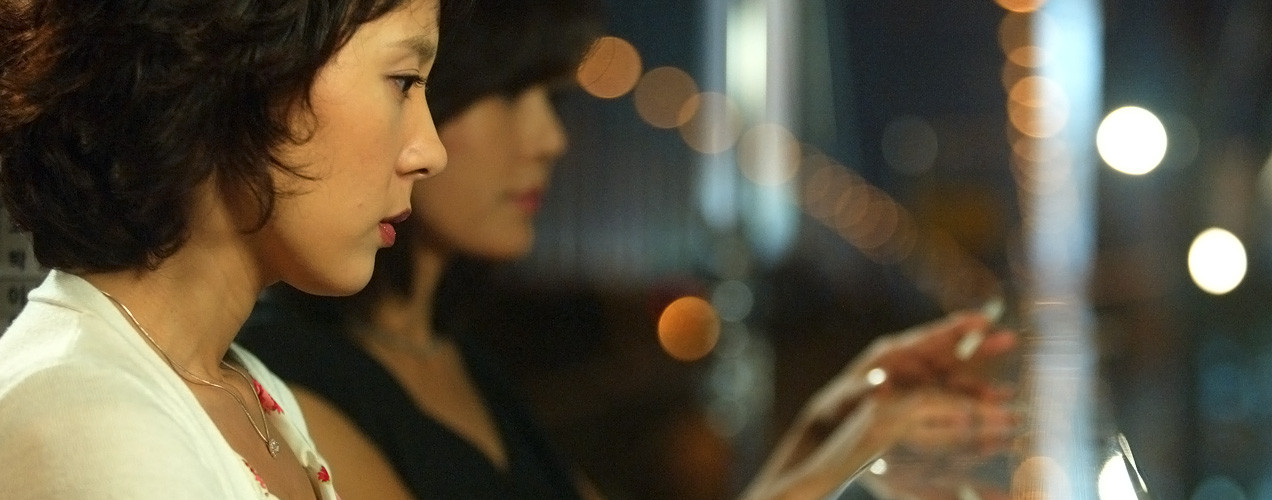2005 / Lee Jun-ik > Nicknamed “The Korean Brokeback,” The King and the Clown surprised box office analysts when it became the highest grossing film in Korean history earlier this year. Made for a modest USD$4.5 million, Lee’s film draws considerably more parallels to Kaige Chen’s epic period drama Farewell My Concubine than it does to its nickname-sake.
The first half of the film is simply brilliant, telling the story of two small-time minstrels who journey to Seoul to escape abuse in the countryside. The first thing one notices is the acting: Marriage is a Crazy Thing’s Kam Woo-seong and often underrated Jeong Jin-yeong, who plays the tyrannical king, give two of the strongest performances seen in Korean film since arguably Lee Chang-dong’s Oasis. Second is the fact that the performances the minstrels give out in public are absolutely hilarious and thoroughly enjoyable, and that alone takes the film a notch above the ho-hum fanfare that plagues so many period dramas.
Inevitably, however, the film falls into the trap of becoming so incredibly melodramatic halfway through that one has to wonder if the screenplay is to blame or the direction. With the exception of a phenomenal operatic showcase, much of what happens inside the palace in the second half feels superfluous. But with all this being said, The King and the Clown is a must-watch for anyone curious enough to know what one in four people in South Korea took time to visit the theatre for.

